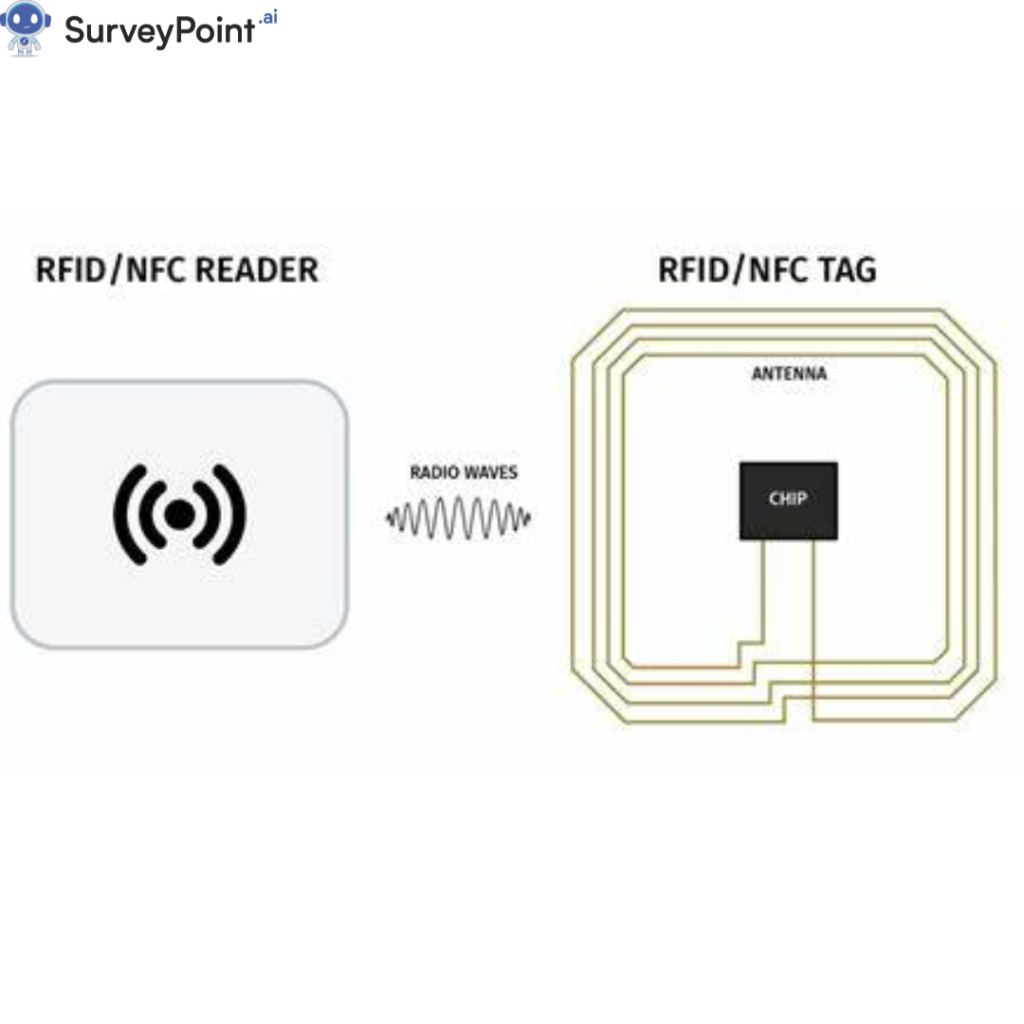
Management accounting plays a crucial role in providing relevant information to aid decision-making within organizations. Understanding its nature and scope is essential for grasping its significance in contemporary business environments.
What is Management Accounting?
Management accounting, also known as managerial accounting, is a branch of accounting focused on providing financial and non-financial information to managers within an organization. This information is used for decision-making, planning, and controlling operations. Unlike financial accounting, which targets external stakeholders, management accounting is primarily concerned with internal users, such as company executives, department heads, and other managers.
Nature of Management Accounting:
- Selective in Nature:
Management accounting selectively collects and processes data relevant to managerial decision-making. Unlike financial accounting, which focuses on recording historical transactions for external stakeholders, management accounting is tailored to internal management needs. - Provides Data, Not Decisions:
Management accounting generates data and information to support decision-making but does not make decisions itself. It equips managers with insights and analysis, empowering them to make informed choices that align with organizational goals and objectives. - Future Forecast:
A key aspect of management accounting is its emphasis on forecasting future outcomes based on historical data, current trends, and informed assumptions. This proactive approach enables organizations to anticipate challenges and opportunities, aiding in strategic planning and resource allocation. - Variable Analysis:
Management accounting employs variable analysis techniques to assess the impact of different factors on business performance. By analyzing variables such as cost behavior, sales volume, and market demand, managers can identify areas for improvement and optimize resource utilization. - No Set Standards:
Unlike financial accounting, which follows generally accepted accounting principles (GAAP) or international financial reporting standards (IFRS), management accounting does not have rigid standards. Instead, it adapts methodologies and tools based on organizational needs, industry dynamics, and managerial preferences.
Scope of Management Accounting:
- Cost Accounting:
Cost accounting is a fundamental aspect of management accounting, focusing on the classification, allocation, and analysis of costs within an organization. It helps managers understand cost structures, control expenses, and make informed pricing decisions. - Budgeting and Planning:
Management accounting plays a crucial role in the budgeting process, facilitating the development of comprehensive budgets aligned with organizational objectives. It involves forecasting revenues, estimating expenses, and allocating resources to various departments or projects. - Performance Measurement:
Management accounting provides metrics and key performance indicators (KPIs) to evaluate organizational performance. By comparing actual results with budgeted targets, managers can identify variances, assess performance, and take corrective actions as needed. - Decision Support:
One of the primary functions of management accounting is to provide decision support to managers at all levels of the organization. Whether it’s evaluating investment opportunities, pricing products, or selecting cost-effective strategies, management accountants offer insights and analysis to facilitate decision-making.
Conclusion
In conclusion, management accounting is a dynamic discipline that adapts to the evolving needs of organizations. Its selective nature, emphasis on providing data for decision-making, focus on future forecasting, variable analysis techniques, and flexibility in standards distinguish it from financial accounting. The scope of management accounting encompasses cost accounting, budgeting and planning, performance measurement, and decision support, making it an indispensable tool for managerial decision-makers in today’s complex business environment. Understanding the nature and scope of management accounting is crucial for leveraging its potential to drive organizational success.




